While the Millennium Development Goals (MDGs) that the world adopted in the year 2000 provided a focal point for governments to develop their policies and provided a rallying point for NGOs to hold them accountable, the MDGs have nevertheless been criticised for being too narrow. The eight MDGs that were adopted then, had no mention of human rights or slavery nor did it address issues of child labour or economic development.
As the deadline of the MDGs is nearly on its completion stage now, around 1 billion people still live in poverty, 1.2 million children are trafficked each year, 59 million children of primary school age are out of school, and 168 million children are engaged in child labour and 5.5 million enslaved.
In September 2015, the world again is going to welcome a new set of universal goals, targets and indicators, often called as ‘Post-2015 Development Agenda’ or ‘Sustainable Development Goals (SDGs).’ These are expected to be used as a framework by UN Member States for setting domestic political policies and development targets for next 15 years.
In 2014, when the UN was in the process of conducting worldwide consultation to gauge opinion on what the SDGs should include, Global March along with its partners extensively advocated for strengthening and tightening of the text of Goal 4 on Education, for it to contain access to education for hardest to reach category of children. Global March with other stakeholders also flagged off an annual campaign on inclusion of ‘child slavery’ in sub-Goal 8.7 of the SDGs, which relates to child labour that were amiss in the MDGs. This ECSW Campaign as you may already know from our previous mails, was widely supported and garnered 5, 50,000 signatures for its public petition, wherein 1 person stood for 10 child slaves, and this petition was submitted to UN Secretary General early this year. The campaign laid emphasis on the inclusion and prioritisation of the 5.5 million children in different forms of slavery.
With the arrival of the latest version of Outcome Document of the SDGs early last week, we are happy to announce that through our advocacy efforts, the Sub-Goal 8.7 now includes the phrases “modern slavery and human trafficking”. We at Global March see this new development as a greater success as it now comprises the broader issue of slavery, encompassing child slavery which Global March and others had advocated for. Inclusion of human trafficking in Sub-Goal 8.7 is also commendable given that an estimated number of 2.5 million people and 1.2 million children are victims of trafficking every year all over the world. It is also notable that Goal 5 that deals with ending violence against women and girls, includes child and forced marriages, and trafficking of girls; while Goal 16 includes a dedicated sub-Goal on ending violence and torture against children in all its forms.
 We therefore would like to take this opportunity to thank all our supporters who signed our petition, our partners who ran the campaign with us and those who supported us in any other way for the landmark achievement.
We therefore would like to take this opportunity to thank all our supporters who signed our petition, our partners who ran the campaign with us and those who supported us in any other way for the landmark achievement.
The release of United States Trafficking in Persons (TIP) Report 2015 this week also commemorates the UN World Day Against Trafficking in Persons and reemphasises the issue of modern slavery which doesn’t exist in a vacuum. Modern slavery in this report encompasses evils like forced child labour, child sex trafficking, sex trafficking, forced labour, bonded labour, domestic servitude, unlawful recruitment and use of child soldiers.
The Report reiterates that “No nation can end modern slavery alone. Eliminating this global scourge requires a global solution. It also cannot be solved by governments alone. The private sector, academic institutions, civil society, the legal community, and consumers can all help to address the factors that allow human trafficking to flourish. But governments have a special responsibility to enforce the rule of law, share information, invest in judicial resources, and espouse policies that urge respect for the rights and dignity of every human being. Human trafficking is not a problem to be managed; it is a crime to be stopped.”
It is also a great matter of pride that The U.S TIP Report also highlights Nobel Peace Prize Laureate 2014 and Honorary President of Global March, Mr. Kailash Satyarthi’s work saying “For more than four decades, Satyarthi has worked relentlessly for the rights of children and waged a peaceful struggle to keep children in school, rather than in the workforce….He has helped to free children trapped in bonded labour, assisted them with vocational training and education, and challenged public discourse in India on child labour and child trafficking…His contributions have not only affected India, but have also changed the world.”
With this note Global March on World Day Against Trafficking in Persons on 30th July 2015, pledges again to fight the grave issue of trafficking and advocate further for the rights of children in alignment with the new SDGs, to bring back dignity of all trafficked and enslaved human beings.
Read Op-Ed article by Mr. Kailash Satyarthi on World Day Against Trafficking in Persons here
